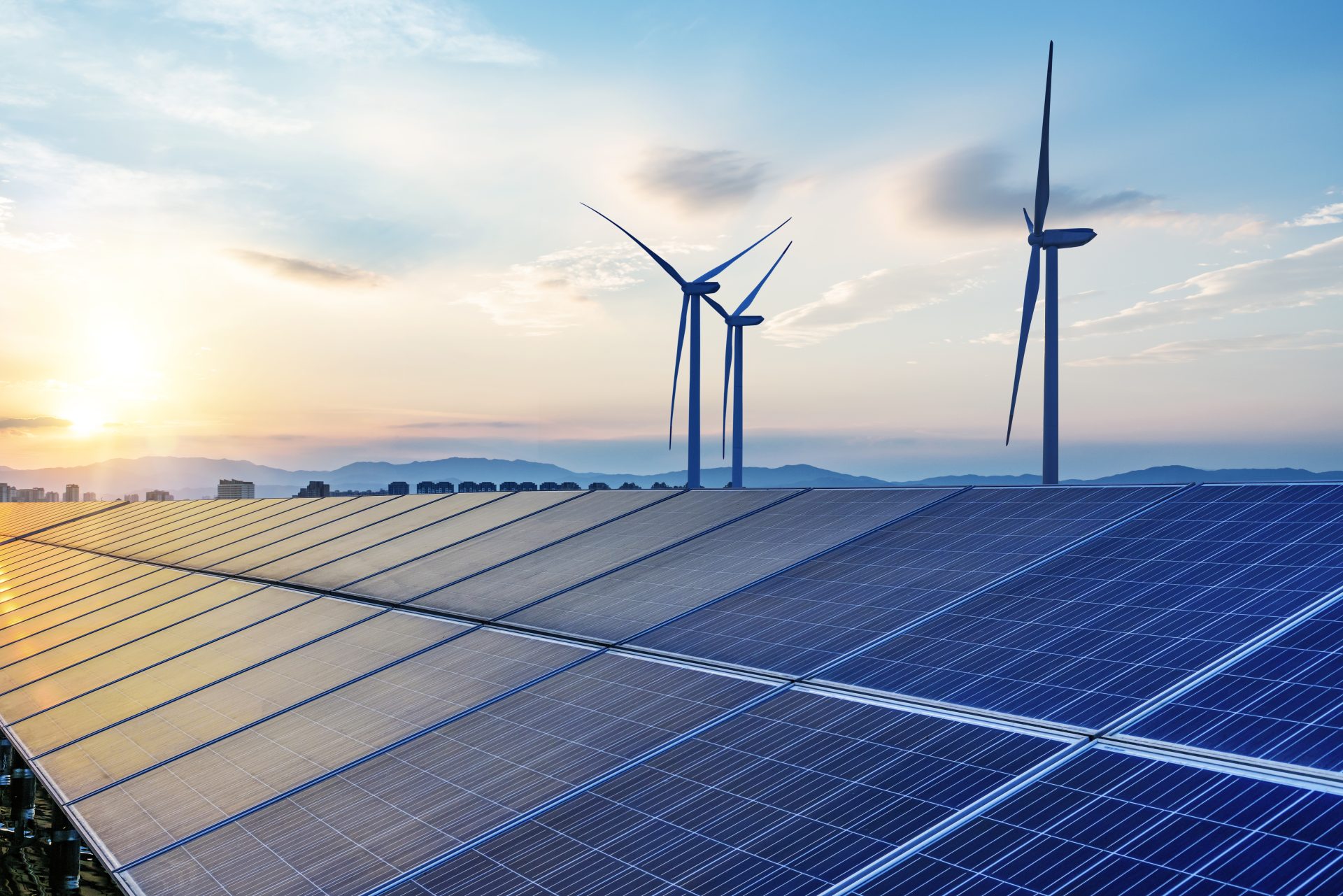Table of contents
International Day of Clean Energy: renewable technology for a sustainable development
One of the main outcomes of the COP28 climate summit last year was the commitment of more than 100 countries to triple renewable energy capacity and double energy efficiency by 2030. To understand this commitment on renewable energy, it is important to understand the current situation and its evolution during recent years.
Accelerated growth of renewable energy
According to a forward-looking analysis to 2028 from the International Energy Agency, the world will add more renewable capacity in the next 5 years than in the last 20 years combined. However, this accelerated growth of renewable energy alone will not be enough to combat climate change: we need commitments such as COP28 and other even more ambitious ones by 2050.
Of all the renewable sources, the greatest deployment expected in the coming years will come from solar photovoltaics (PV) and wind energy. According to the same IEA study, in 2025, renewable energy will surpass coal-fired electricity generation and wind energy will surpass nuclear electricity generation. Likewise, in 2026, solar PV will surpass nuclear electricity generation and in 2028, solar PV will surpass wind electricity generation.
It is worth asking whether this deployment is economically feasible and the answer lies in the dramatic cost reduction that renewable energy sources have experienced in recent years, mainly photovoltaics and wind energy, both onshore and offshore.
About 10 years ago, there was a widespread misunderstanding that renewable technologies were expensive. Nowadays, however this is certainly not the case, and indeed they are more competitive than other conventional energy sources, as can be seen in reports from IRENA, the International Renewable Energy Agency.
Challenges to achieve clean energy generation
Despite this promising development, there are still many challenges to achieve the emission-free energy generation that will help us to combat global warming.
- One of them is how we consume energy: a surprising fact is that less than 25% of all the energy consumed today in Europe is from electricity. The remaining energy we use to heat homes, fuel vehicles and power factories largely comes from fossil fuels. This needs to change. To achieve climate neutrality by 2050, up to three-quarters of final energy consumption in Europe will need to be electrified, either directly or indirectly.
- A second challenge comes up in strengthening electric grids and energy storage: the IEA estimates that grid investment needs to nearly double by 2030 to around 600 billion euros per year over a decade, with the emphasis on digitalising and modernising distribution grids.
- A third challenge will be to access the critical raw materials needed for the development of this type of technologies and at the same time to impact on local wealth and job creation, not only during installation phases but also with top-level manufacturing industry. The European Commission has considered these aspects as key and critical in a zero emissions horizon.
- Firstly, with the Net-Zero Industry Act, which seeks to strengthen European manufacturing capacity linked to clean technologies such as photovoltaics, wind turbines, batteries or heat pumps.
- This is complemented by the Critical Raw Materials Act, which will ensure EU access to a secure and sustainable supply of critical raw materials to meet its 2030 climate and digital objectives.
Technological solutions and innovation in renewable energy
At TECNALIA we are committed to technological development and innovation to overcome these challenges and any others facing renewable energy. For example, to facilitate the deployment of photovoltaics, we are developing PV solutions to be integrated in urban, industrial and rural environments in a sustainable way.
We are also researching the use of renewable technology in offshore environments and make it compatible with other uses of the sea. To improve the performance of renewable energy plants, we are working on digitalization and artificial intelligence, not only focusing on the plants themselves, but also on their grid integration. We also develop new technologies to optimize energy consumption through energy efficiency, green hydrogen and heat electrification in both residential and industrial uses.
We address all these challenges with a circular approach so that waste is minimized, critical materials can be reused and, ultimately, the growth of renewable energy has a positive impact on the environment and society.
TECNALIA is signing up to the International Day of Clean Energy, declared by the United Nations to coincide with the anniversary of the foundation of IRENA on January 26th 2009, backing innovation and technology development in renewable energy to create growth and improve society.

